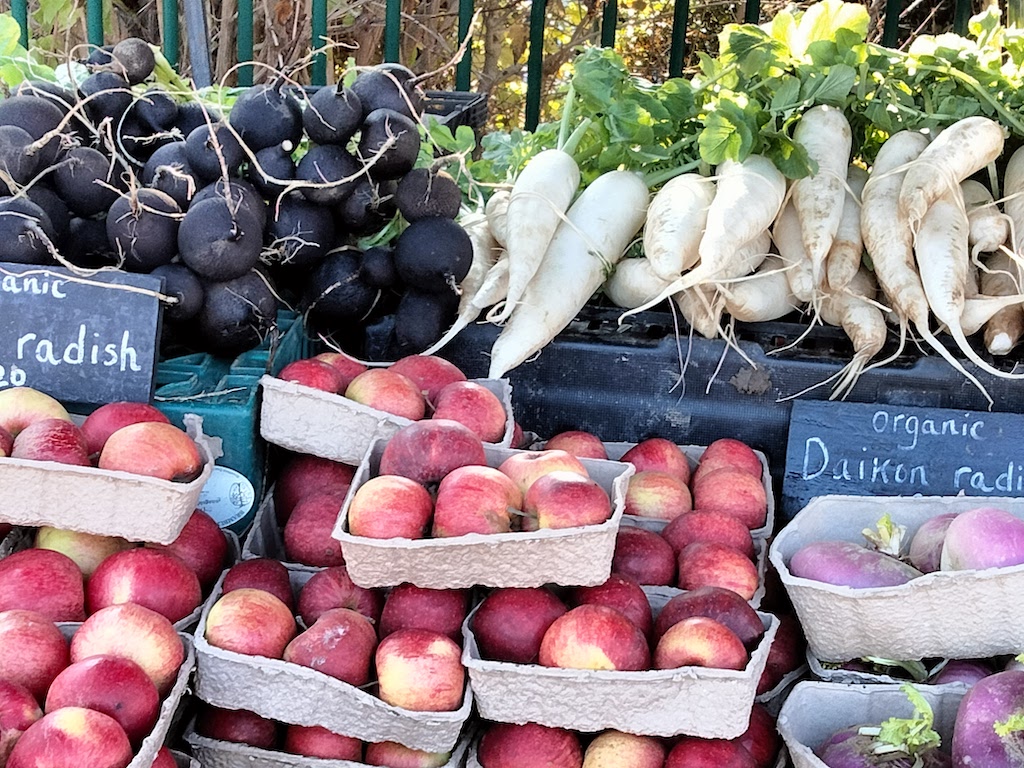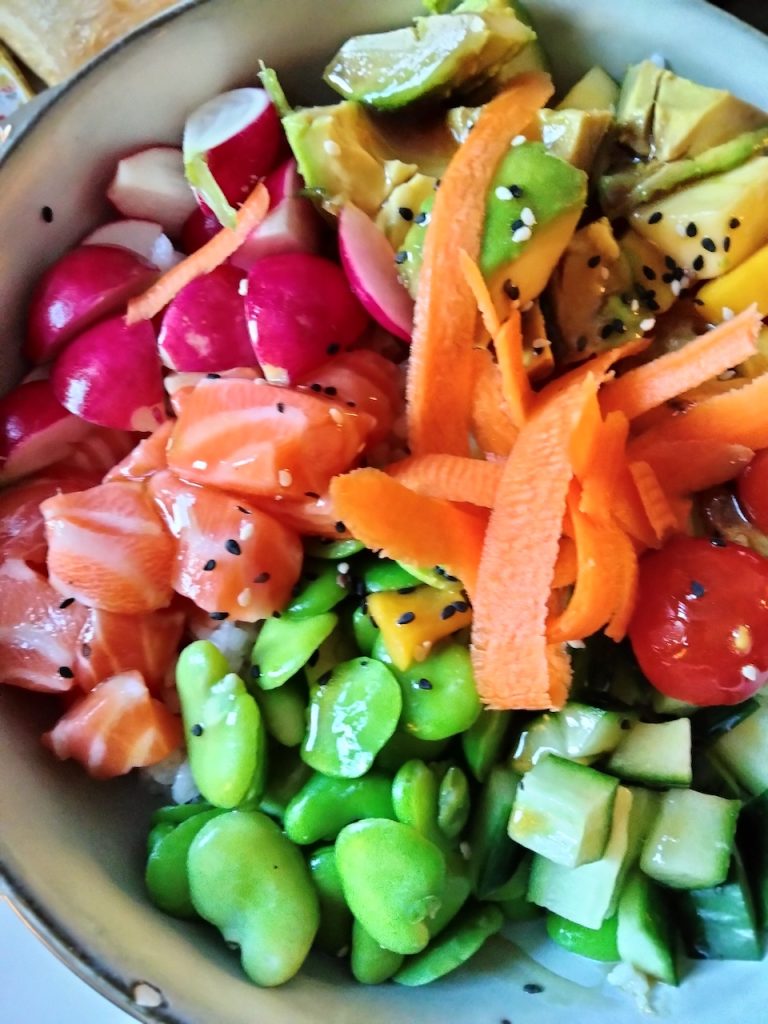Eustress versus Distress
Stress is both good and bad depending on the source, length of exposure and our reaction (positive or negative). Different situations and life events can cause stress. On the one hand, good stress, eustress, motivates us to action and stimulates us in good ways.
Eustress leads to excitement and anticipation. Life changes, small challenges and new experiences often cause short-term eustress. Examples of situations inciting eustress include being in a new relationship, trying a new workout or physical challenge, starting a new project or job at work. Though similar in physical reaction to chronic, overwhelming stress (initially), eustress typically incites positive change or growth as a result. It’s good for us, improving resiliency and giving life purpose.
Chronic, overwhelming stress from negative situations is not so healthy. It can be persistent, long-lasting and emotionally draining versus energizing. Difficult situations may cause excessive worry. It’s important to do what you can to control this type of stress, even if it’s by reframing the issue or changing how you respond to the situation. Click here for stress management strategies. One way to change your mindset is to change how you think of a stressor. Thinking of it as a challenge versus a threat can make a big difference in your attitude and approach.








